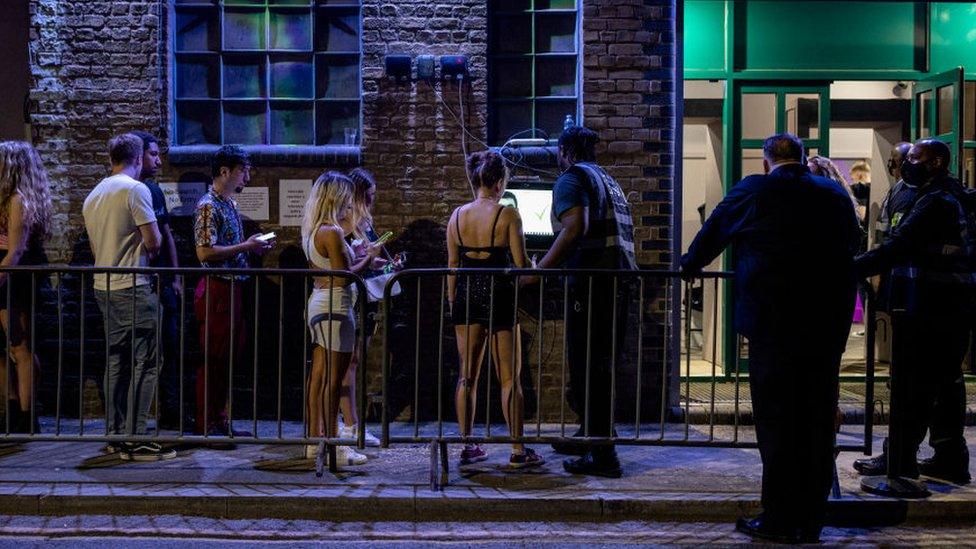'Being spiked on a night out traumatised me'

Libby Woolford, 19, from Porth in the Rhondda, was rushed to the A&E department at the Royal Glamorgan Hospital, screaming in pain and unable to walk
- Published
A 19-year-old woman who believes she was spiked says she was "miserably failed" by hospital staff and says a nurse dismissed her as drunk.
Libby Woolford, from Porth, Rhondda Cynon Taff, was on a night out with friends on 25 April when she experienced the "scary" incident that left her "traumatised", "screaming in pain", and unable to walk or talk.
After briefly leaving her drink unattended to use the toilet, Ms Woolford returned and took a sip and within moments, she went from "nought to 100 in seconds".
A Welsh government advisor has called for stronger laws, better training, and more support for victims of spiking to ensure they are taken seriously and offenders are held to account.

Ms Woolford was on a night out at a club in the Rhondda with her boyfriend and his friends when the spiking incident happened
Ms Woolford had just finished her second drink at The Banc club in Pentre, Rhondda, when she suddenly began to feel "very unwell".
She spent about 15 minutes vomiting a green substance in the toilet and became disoriented, unable to understand those around her.
Her condition rapidly worsened, with severe stomach pain, dizziness, uncontrollable shaking, and breathing difficulties, which prompted her boyfriend to call her mother for help and to take her to A&E.
Ms Woolford said: "It got to a point where I was laying down in the back seat, and I was screaming in pain.
"I was just in so much agony.
"This is when I began to feel my airway starting to close because I couldn't breathe properly, and I was gasping for air.
"I was so out of it I just didn't know where I was or who I was."
Spiking to be made specific offence in King's Speech
- Published15 July 2024
Intervene if women at spiking risk, says minister
- Published25 November 2024
Man posed as woman's boyfriend after she was spiked
- Published16 December 2024
After arriving at the A&E department at the Royal Glamorgan Hospital in Ynysmaerdy, Rhondda Cynon Taf, Ms Woolford said a nurse dismissed her condition as being "just paralytic" and claimed she "sees it all the time" - despite Ms Woolford being unable to walk, talk, or understand what was happening.
After waiting for five hours, Ms Woolford made the decision to leave the hospital.
"It just got to the point where I got so fed up of waiting, and just not being able to get comfy," she said.
"I got really agitated, and I just wanted to go home."
Ms Woolford said the whole experience had shaken her up, left her constantly feeling unwell and "worrying wherever I go".
"It started as an amazing night, but after everything that happened, it turned into the worst night I've had in my 19 years.
"It's just such a scary world."
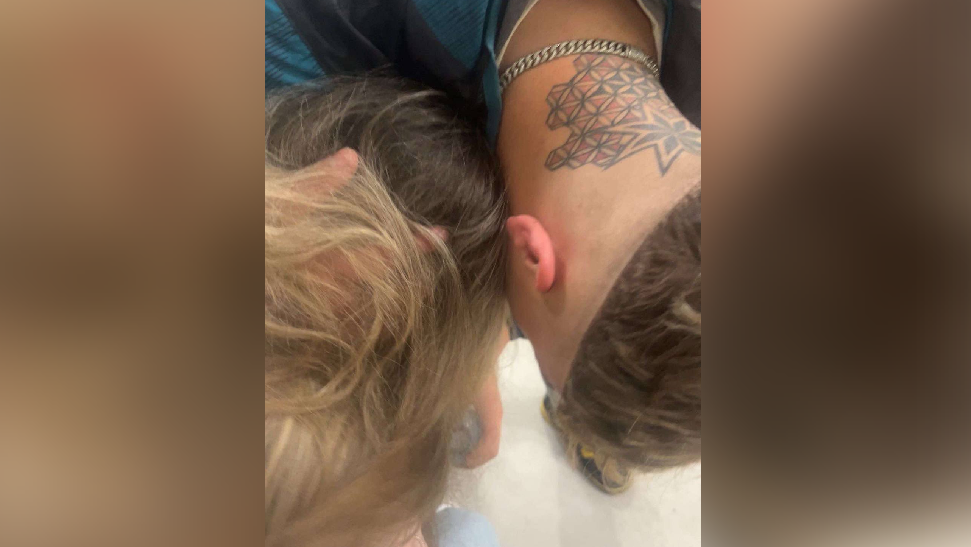
Ms Woolford woke up three hours later in the A&E waiting room
She said she had "absolutely no help" from the hospital and feels "miserably failed" as she was made to "feel so below other people".
While she acknowledges the NHS is under pressure and often deals with many drunk patients on weekends, she believes her symptoms were dismissed too quickly.
She added: "One day, it could happen to someone else, and they might have it 10 times worse.
"If my immune system hadn't been so strong, it could have ended a lot worse.
"Not every girl's body can handle or break down a drug like mine did, and it really angers me that nothing was done that day."
A spokesperson for Cwm Taf Morgannwg University Health Board said it cannot comment on individual cases but encouraged the patient to contact its concerns team directly.
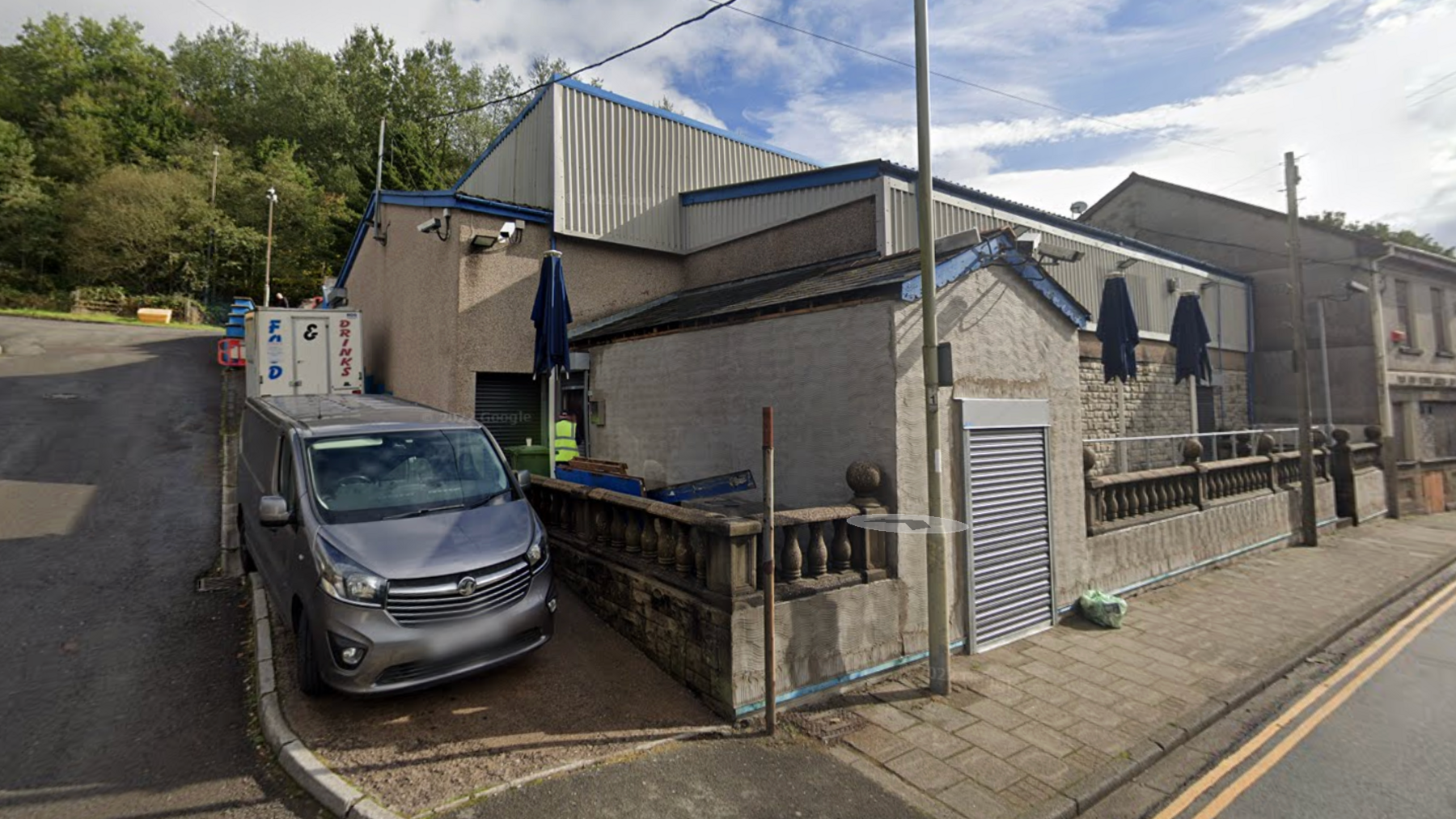
Following the incident, The Banc night club in Pentre, Rhondda says is has implemented free of charge anti-spiking drink covers
In a statement, The Banc said it acted immediately after becoming aware of Ms Wolford's social media post.
The club emphasised that the safety of its customers and staff is its "top priority," and that free anti-spiking drink covers are now available upon request.
Ms Woolford said she wanted to share her story to "reduce the chances of this happening to anyone else ever again".
She urged women to be highly cautious with their drinks on nights out and hopes more clubs will adopt anti-spike lids to protect drinks.
In the UK, spiking is prosecuted under existing laws such as the Offences Against the Person Act and the Sexual Offences Act, with penalties of up to 10 years in prison.
However, in the King's Speech in July, it was announced a new specific offence for spiking would be introduced to improve clarity, support victims, and strengthen police responses.
In November, safeguarding minister Jess Phillips said bystanders should be prepared to step in and help women who appear at risk of spiking during the Christmas party season.
She also said up to 10,000 bar staff across the country would be trained to prevent spiking incidents, support victims and help police collect evidence.
What to do if someone is spiked?
St John Ambulance Cymru's clinical director Carl Lane, who is also an advanced paramedic, said spiking is "deeply dangerous and should always be taken seriously".
Signs include confusion, loss of coordination, slurred speech, or unconsciousness - never leave someone alone if they show these symptoms.
Seek urgent medical help; call 999 if someone is seriously unwell or unconscious, and use the recovery position or CPR if needed.
For less urgent cases, contact NHS 111 and always report suspected spiking to police.
Ms Woolford decided not to file a police report, fearing that "nothing would be done", and said she knew "lots of women who had reported spiking crimes" without seeing any action taken.
Corrie David from South Wales Police said the force takes all spiking reports seriously and urge anyone affected to come forward so investigations can take place.
He said police can conduct a rapid drugs test, and alert licensed premises to known spiking methods and offer training to staff in recognising signs of vulnerability.
Yasmin Khan, who advises the Welsh government on violence against women and sexual violence, said spiking is a misunderstood and under-reported crime, largely due to the "limited forensic window" and victims feeling shame or "completely hopeless".
She said reports of drink and needle spiking have increased.
"It's such an abuse of power and it's just unbelievable," Ms Khan said.
"The impact spiking has on victims is lifelong."
She called for better training in healthcare and hospitality, more support for victims, and a stronger focus on listening to survivors.
"We really have got to hold perpetrators to account," she said.
Stephanie Grimshaw, from Welsh Women's Aid said sexual assault referral centres such as New Pathways in Wales, external provide specialist support and evidence gathering for survivors.
She said "disappointing" victim-blaming attitudes in healthcare made it hard for women to feel safe and believed, and stressed that supportive responses and proper training were essential to "help survivors feel confident in coming forward".
Related topics
- Published16 November 2024
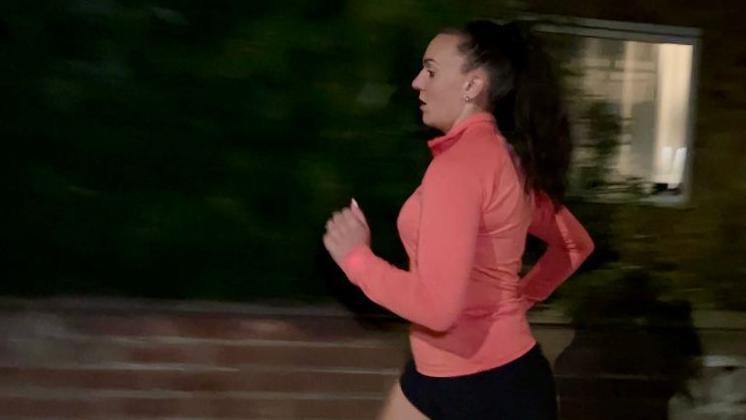
- Published7 December 2024
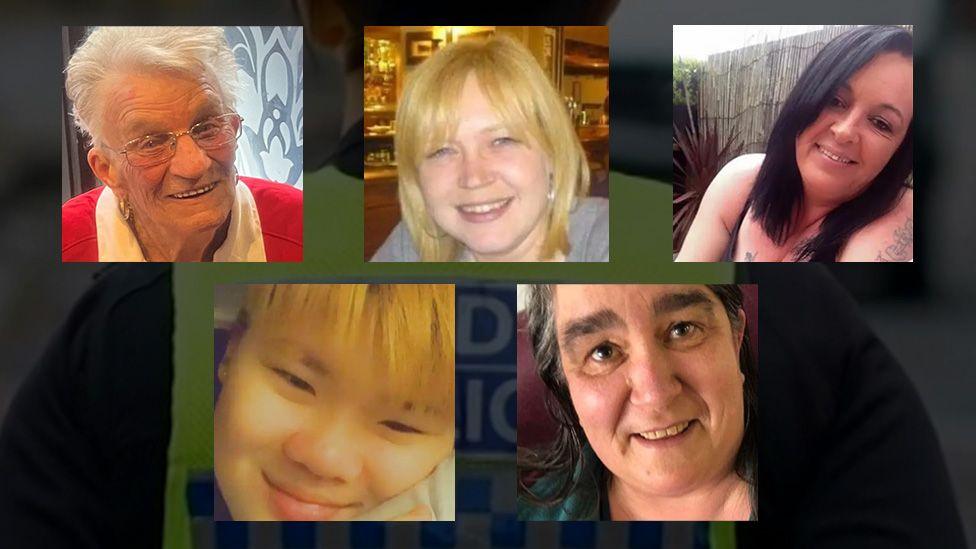
- Published29 October 2021
